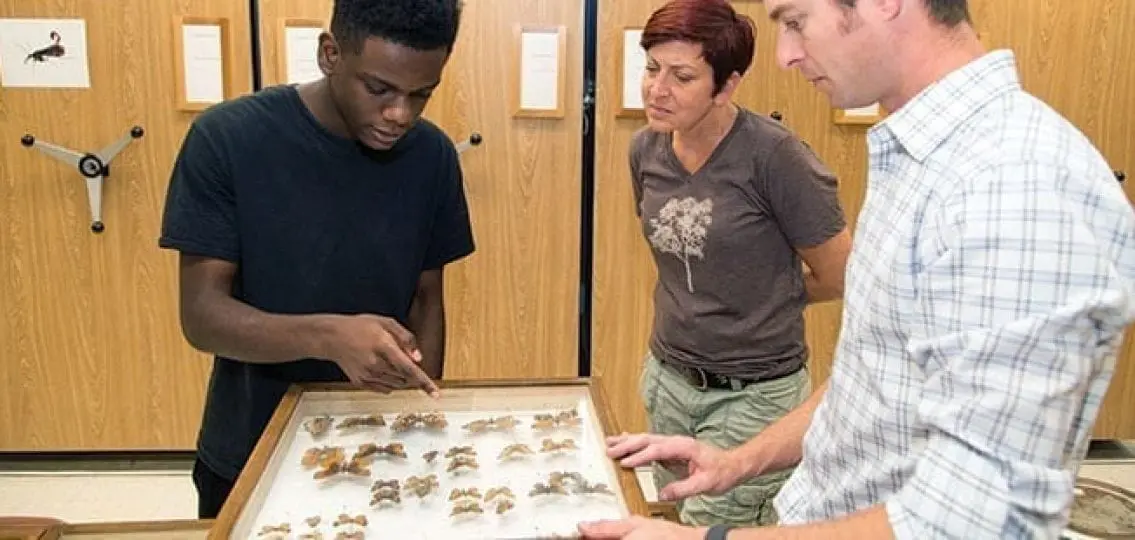By age 12, Gavin Svenson had a full-blown obsession with bugs. He couldn’t get enough of digging for them, observing them, and collecting them. He recalls that his bemused parents patiently indulged his passion for insects even as he stored them in the freezer of their upstate New York home.

Around that age, Svenson saw an interview with an entomologist on PBS and thought, “Whoa! You can do this as a career?” Apparently, yes, which explains how he ended up as the curator of invertebrate zoology at the Cleveland Museum of Natural History.
Deep interests that present at an early age often stay with us throughout life, says Susan Newman, Ph.D., a social psychologist from the New York metro area who blogs for Psychology Today.
At the same time, expect some fluctuation in the interests of teenagers. “It’s not uncommon for a passion to dwindle during the teen years due to social and academic pressures, but that interest could very well reignite at a later stage,” says Newman.
[adrotate banner=”38″]
So how do you help your teenager find their passion? Parents can’t do this for their teenagers. Parents can be patient and supportive without going overboard. Newman advises parents to resist the urge to schedule more lessons, buy more equipment, or line up a mentor unless the child is truly engaged. “We run the risk of burning them out when we do this,” she asserts.
In Svenson’s case, he feels his parents struck the right balance.
“My parents were super supportive, but it was mostly me driving it,” says Svenson.
Though his parents had some misgivings about his narrow choice of a career path, they never sought to change his trajectory.
Now, on a daily basis, Svenson gets to do what he loves—research bugs and share his passion with museum-goers. “Everyone starts out as a scientist,” he observes. As a museum curator, he loves the thrill of helping to answer the same “who, what, where, and why” questions he had as a kid.
During adolescence, teens tend to try on lots of new activities and may drop them almost as quickly as they pick them up. Last week they lobbied for a drum set, and this week they want to learn to skateboard. How can parents know when it’s a true passion versus a passing fancy?
Newman defines a passion as “an interest or activity that you can’t get enough of; it keeps you coming back for more. It makes you inquisitive.”
Newman continues to describe what passion looks like. “As a parent, you’ll notice that you can’t get their attention because they are totally absorbed.”

“Parents have to realize that their children are separate individuals with interests, likes, and dislikes that can be very different from their own,” says Newman. “You have to let your teen take the lead on what interests them.”
Now a parent himself, Svenson concurs. “Never undercut your kids’ interests. Kids are smart, and they have an incredible ability to judge for themselves.”
And if your child has yet to develop a keen interest of their own?
“Parents should not be alarmed if their child has not developed an obvious passion by the teen years,” says Newman. “These interests can develop much later in life, when they meet a friend in college who introduces them to rock climbing, for instance.”

Whether your child’s passion develops early in life or later, our role as parents is the same: Be patient, be supportive, and remember it’s ultimately your child’s job to find out what interests them most.




